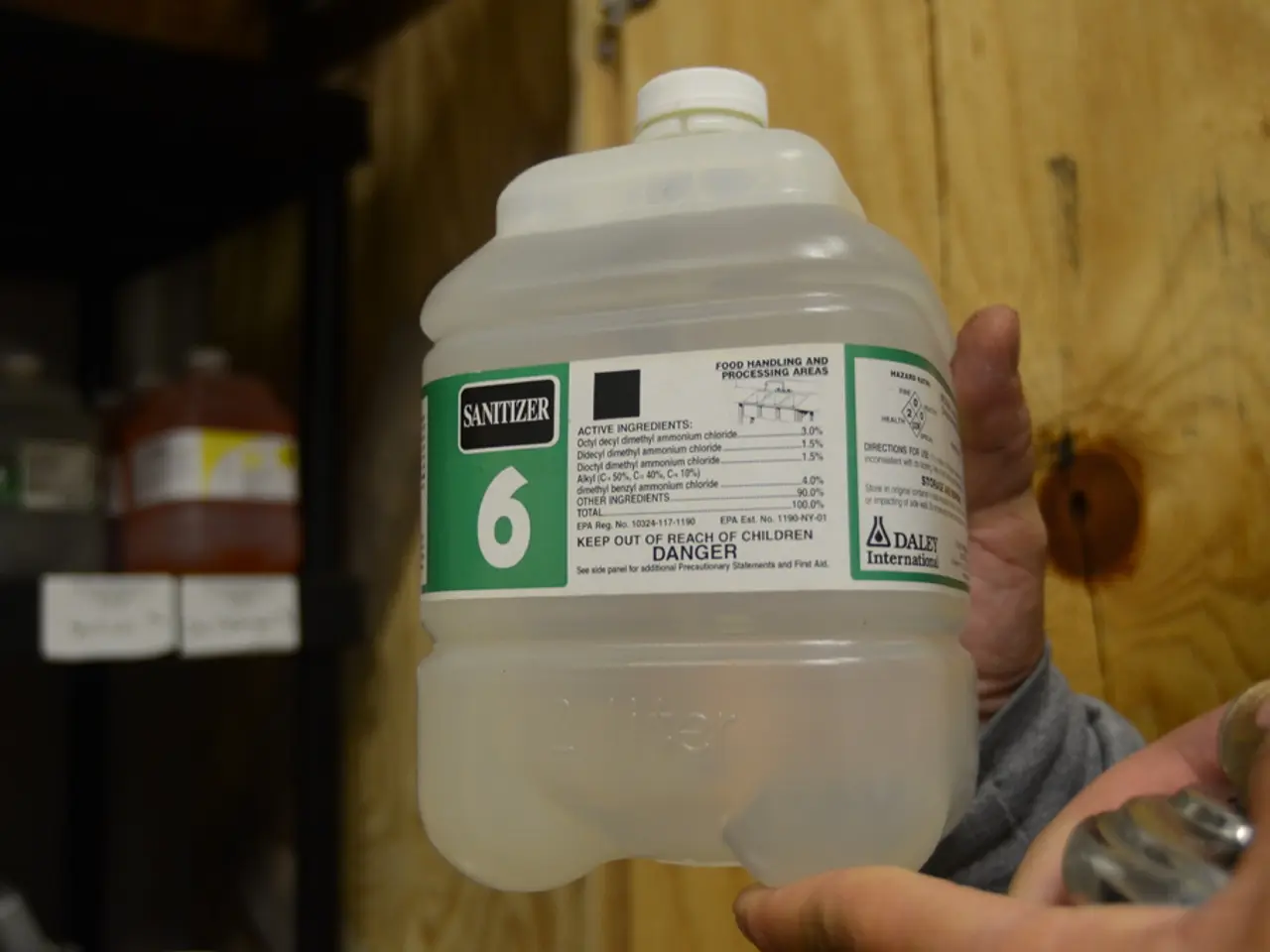ESBL Infections: A Growing Threat of Antibiotic Resistance
Extended-spectrum beta-lactamases (ESBLs) are enzymes produced by certain bacteria, rendering common antibiotics ineffective. These infections, often caused by Escherichia coli and Klebsiella, can lead to urinary tract infections, diarrhea, and pneumonia. Most ESBL infections can be treated successfully once an effective medication is found.
ESBL-producing bacteria are commonly spread through travel to Southeast Asia and India, hospitalizations abroad, and contaminated food products. Symptoms vary but can include fever, stomach cramps, and difficulty breathing. Prevention involves good hygiene and handwashing. Treatment may include antibiotics such as carbapenems, fosfomycin, or colistin. Lifestyle remedies for ESBL colonization include a special nutrition and hygiene plan and avoiding contact with others until the colonization is dealt with.
ESBL infections pose a significant threat due to antibiotic resistance. However, with prompt identification and appropriate treatment, most cases can be successfully managed. Prevention efforts are crucial to curb the spread of these infections.
Read also:
- Is it advisable to utilize your personal health insurance in a publicly-funded medical facility?
- Dietary strategies for IBS elimination: Aims and execution methods
- Benefits, suitable dosage, and safety considerations for utilizing pumpkin seed oil in treating an overactive bladder
- Harmful Medical Remedies: A Misguided Approach to Healing






